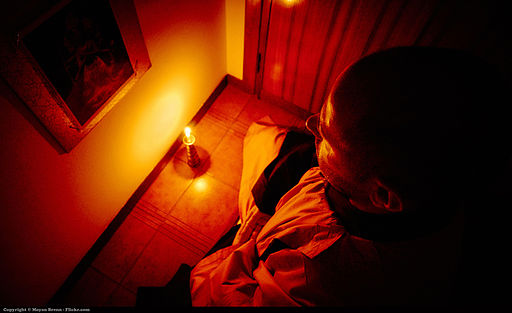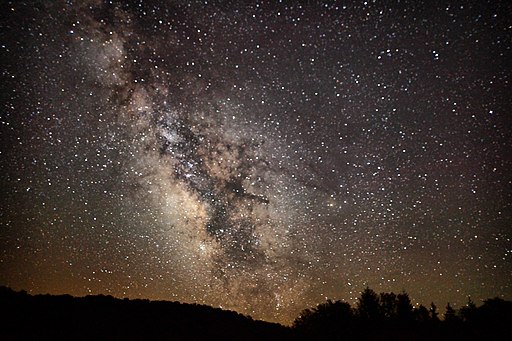„Die Zeit hat in Wirklichkeit keine Einschnitte, es gibt kein Gewitter oder Drommetengetön beim Beginn eines neuen Monats oder Jahres, und selbst bei dem eines neuen Säkulums sind es nur wir Menschen, die schießen und läuten.“
Thomas Mann
(English interpretation here.)
(Title courtesy of sangha sister Eva Neske. Photo of a traditional Seattle New Year celebration courtesy of James Chen.)

















































